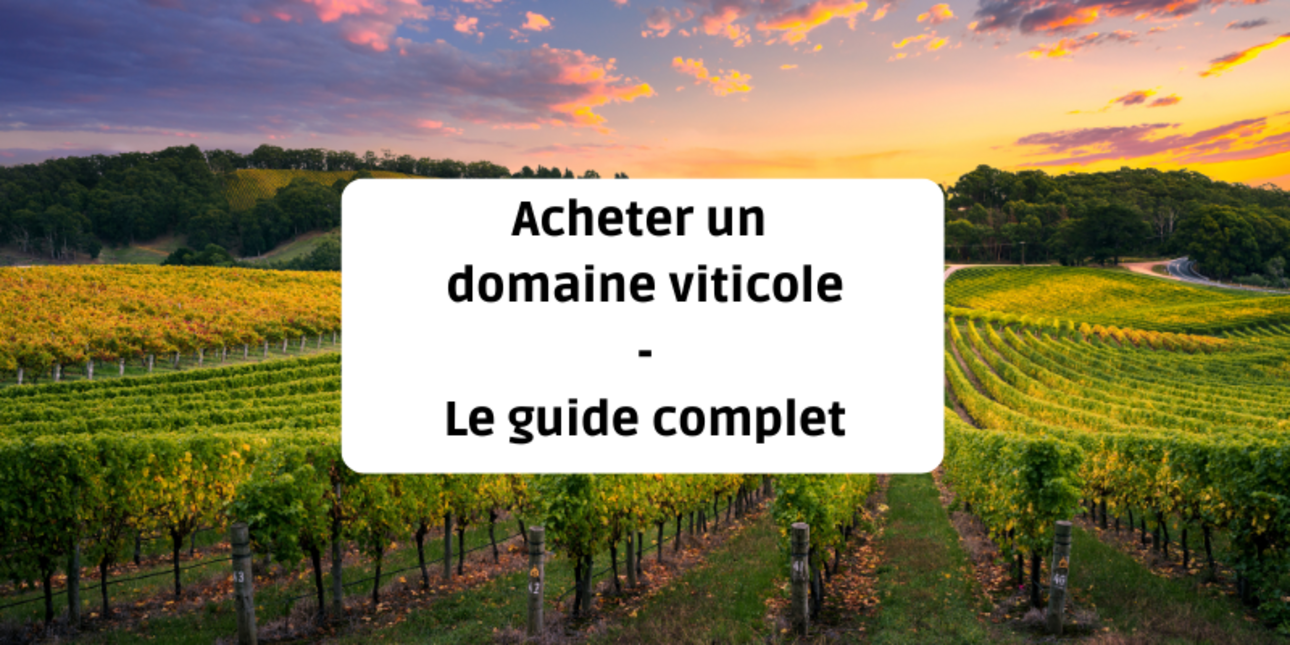
Buying a wine estate is an exciting project that requires meticulous preparation and specific expertise. This comprehensive guide will help you navigate the different stages of buying a wine estate, from defining your project to the day-to-day management of your estate.
Before embarking on the purchase of a wine estate, it's crucial to define your project and objectives clearly. This initial step will help you focus your research and make the right decisions throughout the acquisition process.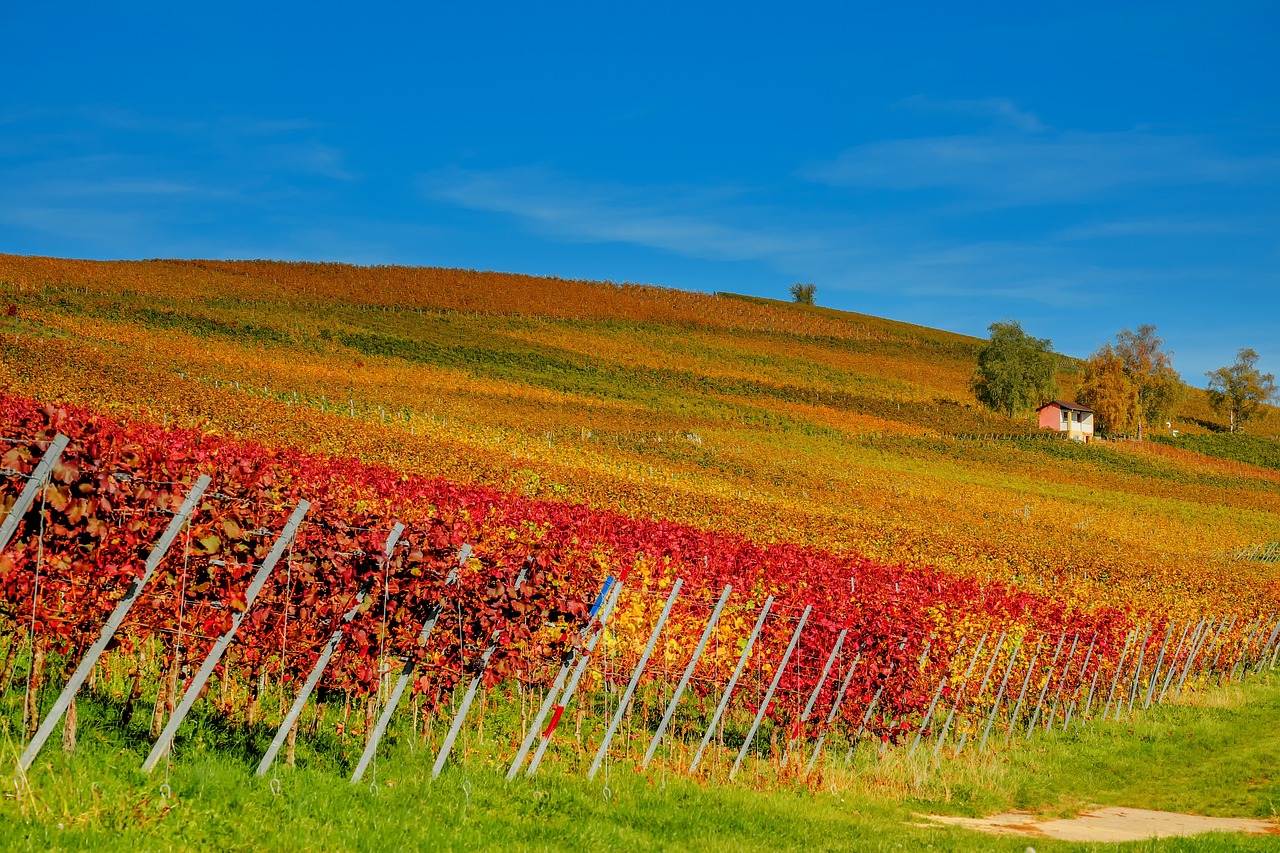
Think about why you want to invest in a wine estate. Is it a passion for wine, a career change, or a long-term investment in your estate? Your motivation will greatly influence your future choices.
Decide what type of wine you want to produce: red, white, rosé or sparkling. Each style of wine involves specific production methods and terroirs.
France has many famous wine-growing regions, each with its own special characteristics:
Your choice of region will influence not only the type of wine you produce, but also the lifestyle and environment in which you live.
Once you have defined your project, you can start looking for your future wine estate. This crucial stage takes time and patience.
Wine transactions are complex and specific. We strongly recommend that you work with an estate agent who specialises in wine estates. These experts know the market inside out and will be able to help you find the property that matches your criteria.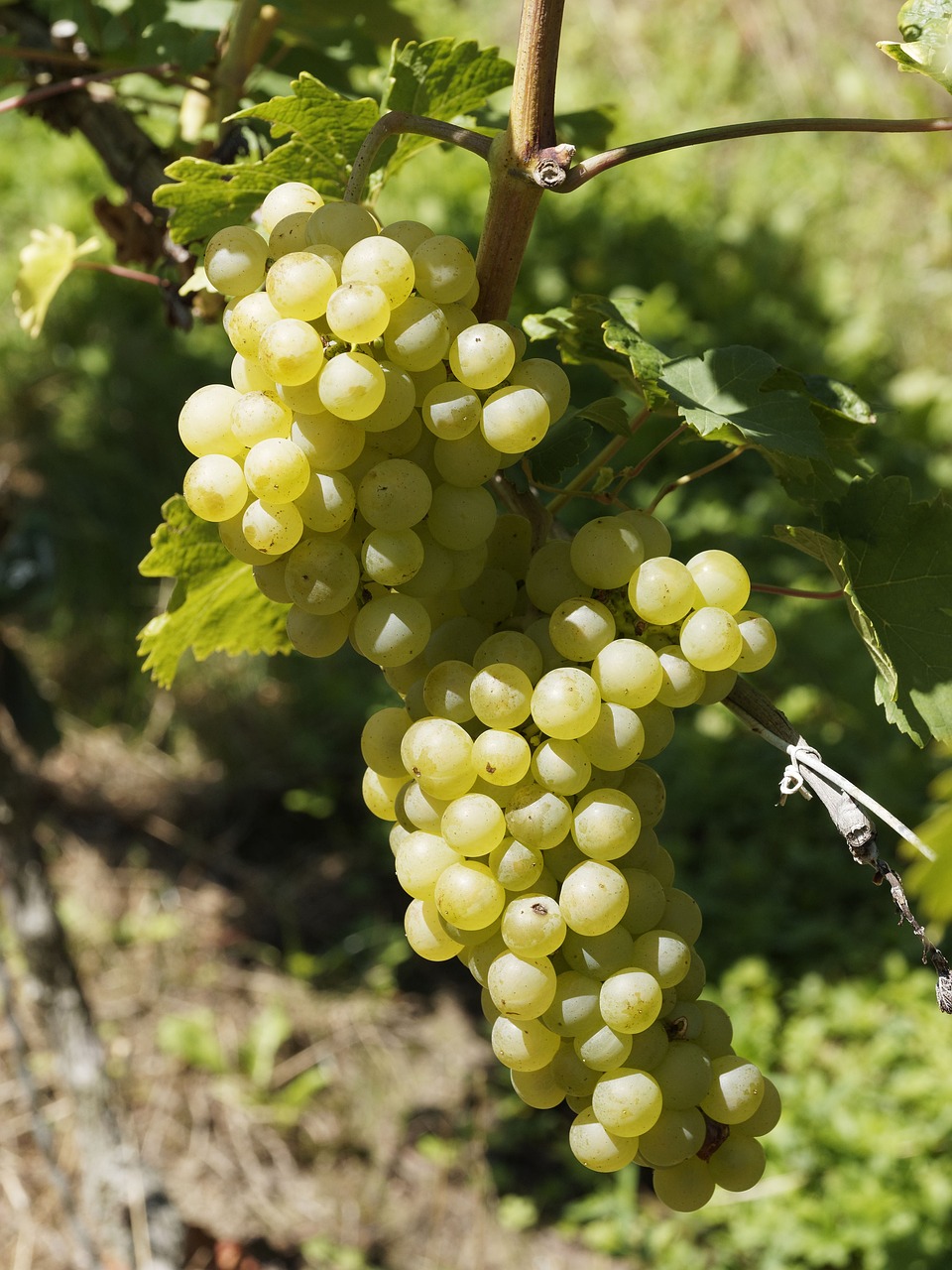
When carrying out your search, take the following factors into account:
Visit several estates to get a clear idea of the market. During these visits, pay close attention to the general condition of the estate, the quality of the vines and the production infrastructure.
Before committing to the purchase of a wine estate, it is essential to carry out a full audit of the vineyard. This will enable you to accurately assess the value and potential of the property.
Call in an expert to analyse the quality of the soil, the microclimate and the exposure of the plots. These factors will determine the future quality of your wines.
A phytosanitary audit will inform you about the state of health of the vines and any work that needs to be done to improve the quality of production.
Check the condition and conformity of the vinification, storage and bottling facilities. Upgrading can be costly and should be factored into your budget.
Buying a wine estate is a major investment that requires careful financial planning.
The purchase price of vines is often the first item in the total cost of a wine estate.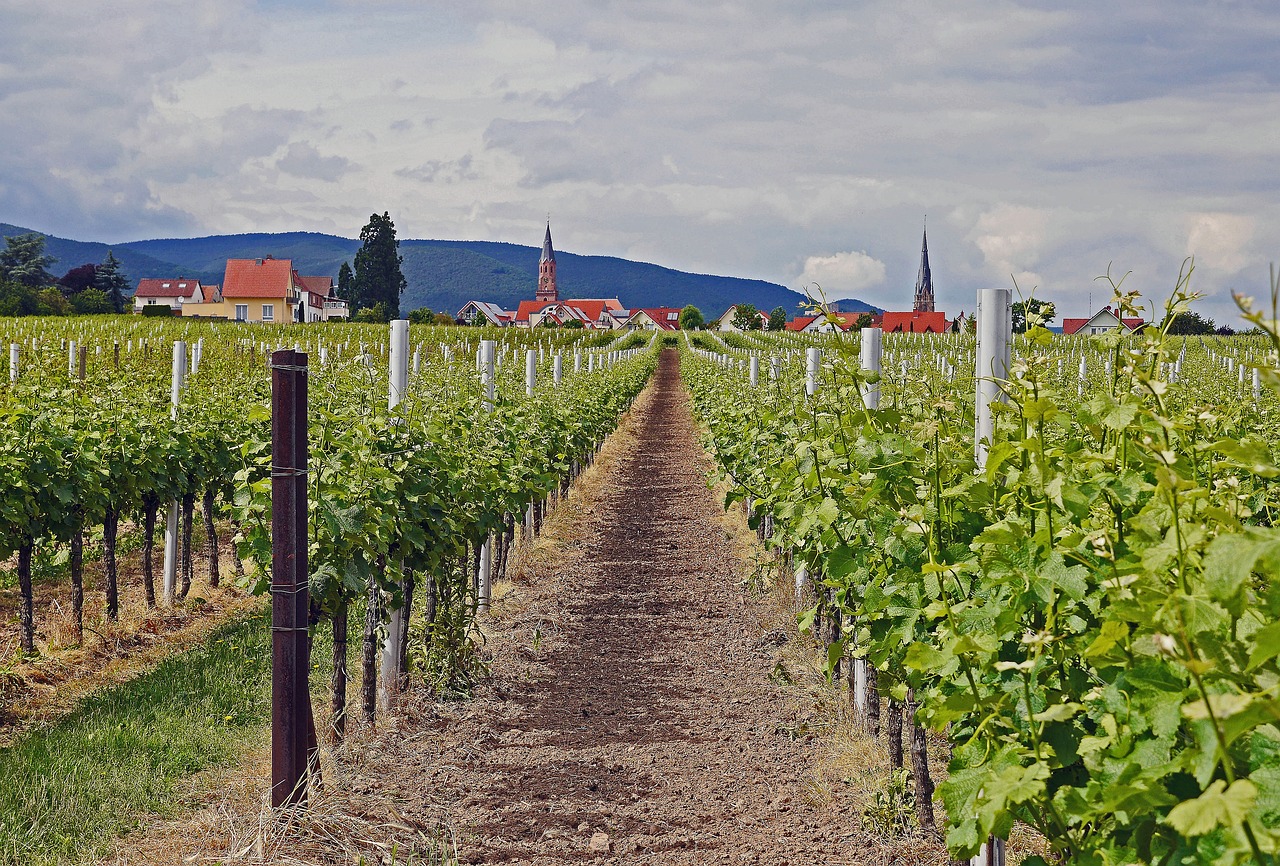
It varies enormously depending on the region, the appellation and the terroir. You can find PGI vines for less than €15,000 per hectare, while some appellations (Champagne, Burgundy in particular) can cost more than €1 million per hectare.
The purchase price of the domain is just the tip of the iceberg. Don't forget to include in your budget :
There are several options available to you for financing your purchase:
You can also call on the services of organisations that specialise in carrying vineyard land.
Buying a wine estate involves a number of specific legal and tax aspects. Professional assistance is essential to secure your transaction.
The choice of legal structure for your winegrowing business will have major implications in terms of management, taxation and transfer of ownership. The most common options are :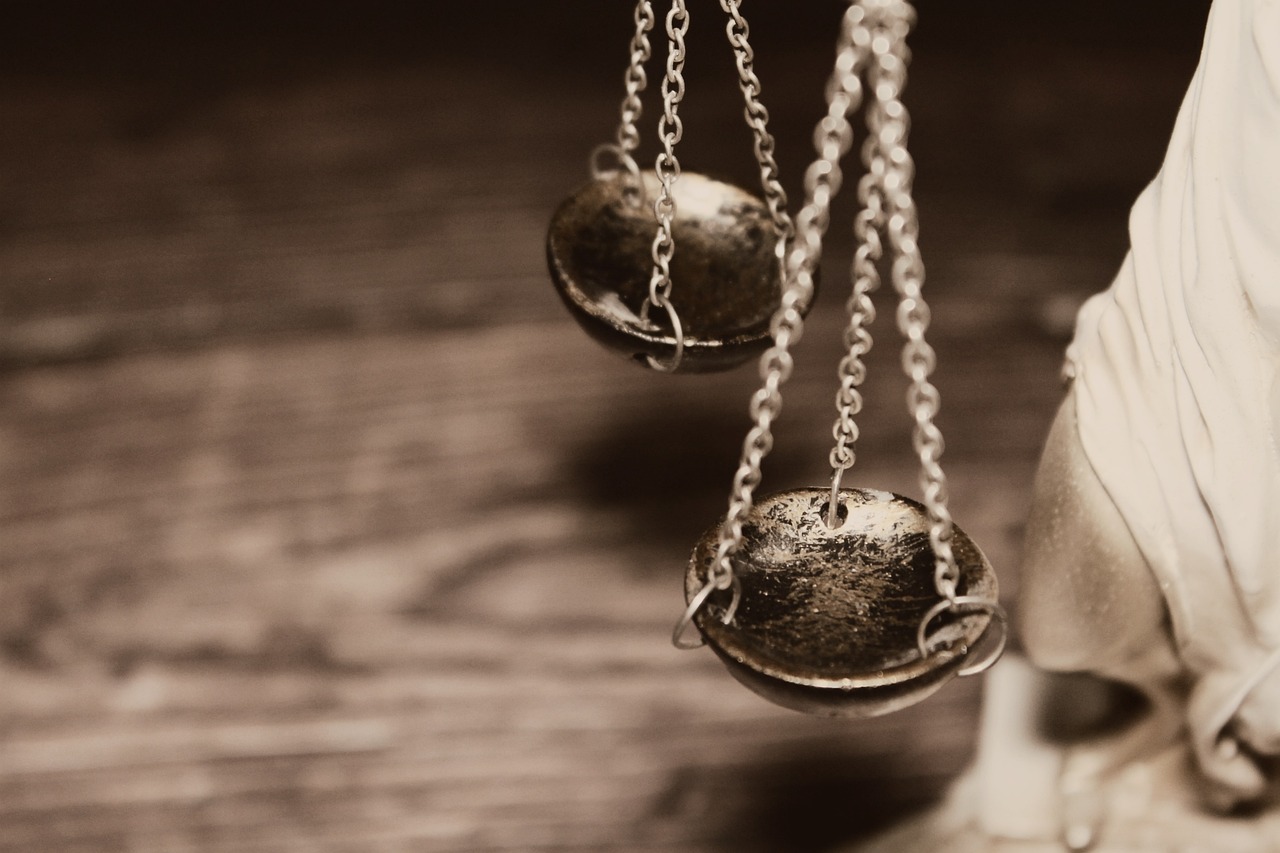
The wine sector benefits from specific tax and social security regimes. Familiarise yourself with :
Buying a wine estate involves a number of legal steps:
A lawyer specialising in rural and wine-growing law can help you through these various stages.
Once the acquisition has been finalised, the day-to-day management of the winery begins. This stage requires a wide range of skills and total commitment.
If you don't come from a wine-growing background, consider taking a course in viticulture and oenology. Many schools offer courses tailored to professionals who are changing careers.
Managing a wine estate involves mastering :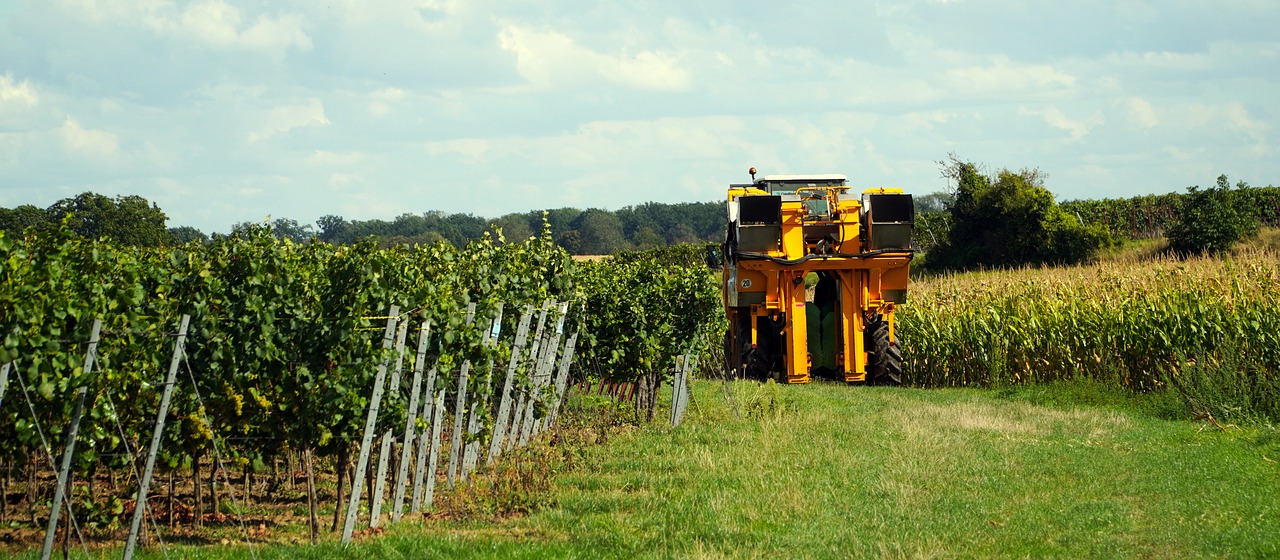
Selling your produce is crucial to the success of your project. Develop a marketing strategy tailored to your estate:
Don't forget the importance of marketing and communication to raise awareness of your wines and develop your reputation.
Buying a wine estate is an exciting project that requires careful preparation and expert guidance. By following the steps outlined in this guide, you'll put all the chances on your side to make a success of your purchase and thrive in the fascinating world of winegrowing. Remember that every project is unique, and that the key to success lies in your ability to adapt to the specific characteristics of your estate and terroir.